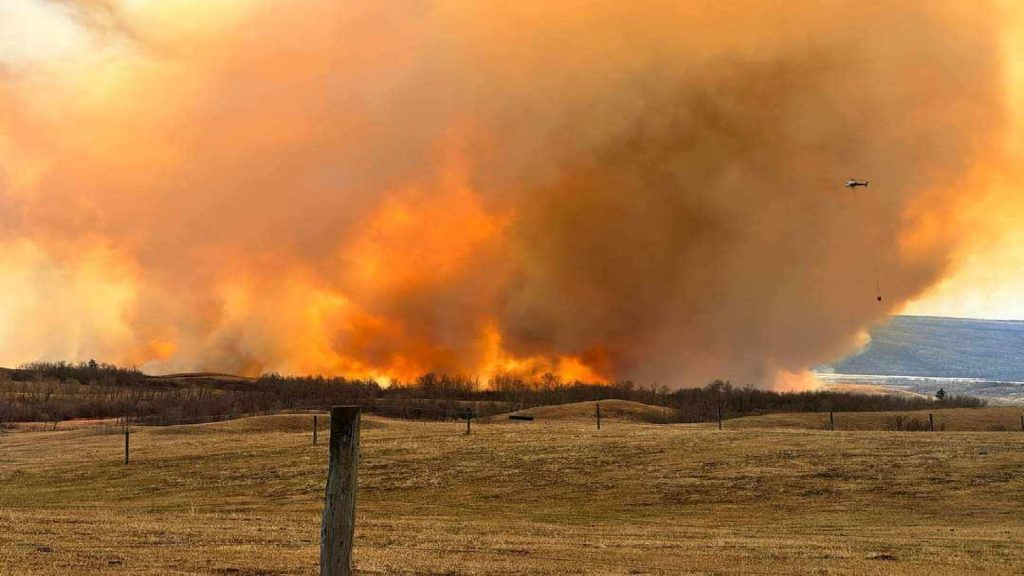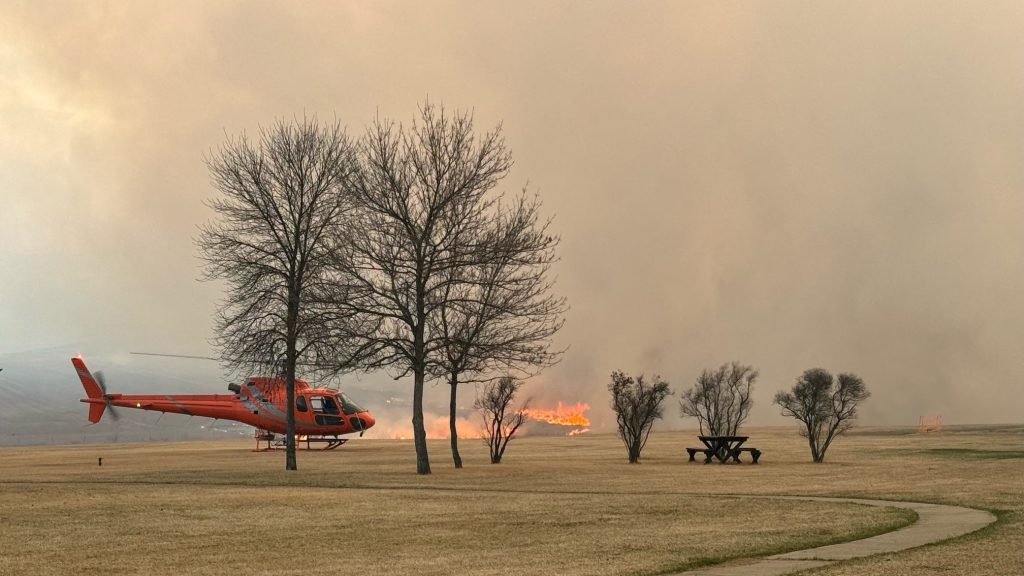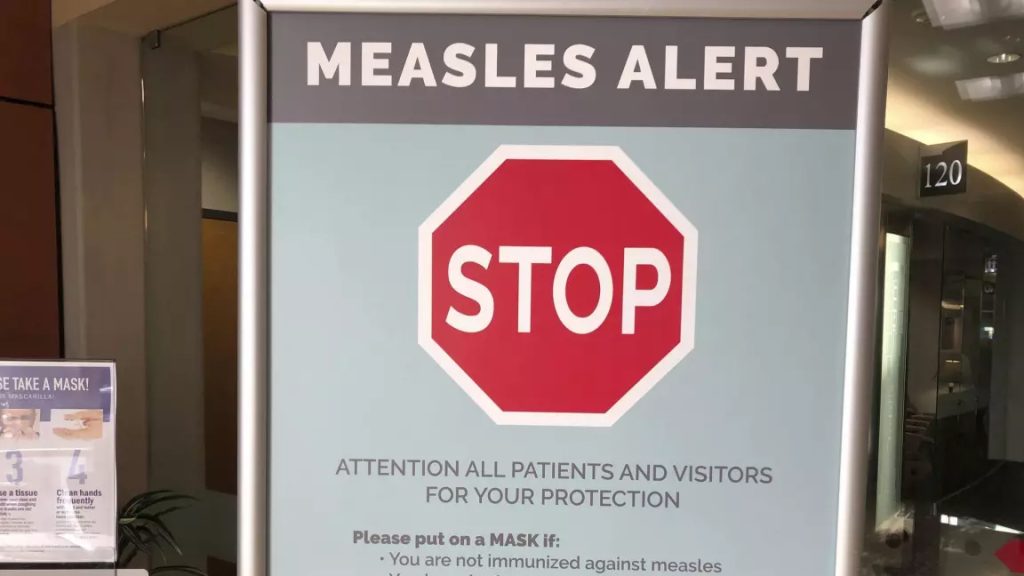Bleak looking forecast from Conference Board of Canada on Alberta’s future
Posted Mar 4, 2015 3:38 pm.
This article is more than 5 years old.
It may sound a bit like a broken record, but Alberta is facing economic uncertainty in 2015 and 2016 thanks to the low price of oil.
The Conference Board of Canada’s bleak looking forecast for the “Wildrose Province” shows the economy will shrink 1.5 per cent, as opposed to the 1.9 per cent growth it had originally predicted.
Senior Vice President and Chief Economist Glen Hodgson told reporters inside the Fairmont Palliser Wednesday morning, it’s an honest look at where we currently stand.
“When you cut the price of your dominant export product in three months, there is going to be an impact,” he said. “Investment will probably be down about 40 per cent in the oil patch right now, it’s dramatic but I think it’s a fairly accurate reflection of what’s going in real time.”
Hodgson says oil prices are the key driver when it comes to the Alberta economy.
“I’m hoping this is now the bottom (oil price), no one has really any perfect foresight on this but the fact that prices haven’t gone below 46-47 dollars for over a month now, they’ve been rising slowly, they’ve been up since the 15th of January, this maybe the bottom,” he said. “Other things may happen but hopefully this is forming the bottom and we’ll get a positive turn for the balance of the year.”
He believes there is nothing the province can do to turn this around quickly, he says the Alberta government needs to be thinking long-term with its counter-cyclical policy.
The Conference Board of Canada believes the province could undertake a deficit but it still has to get the cost of the public-sector under control.
“The Alberta government could theoretically, I have no influence on the politics, take up the space the Federal government created by cutting the GST by 2 percentage points and introduce a PST that would return Alberta taxpayers to where they were 5 or 6 years ago, but give them a bit more stable revenue for the business cycle.”
It’s already started to affect housing starts in both Calgary and Edmonton, with numbers near 25 per cent.
According to Hodgson, to some degree we have to accept the fact that we have a boom and bust economy.
“Diversification is nice in theory but you have an incredible natural endowment of hydrocarbons so it’s natural to build your economy around that,” he said. “I think it really flows to things like government policy, fiscal policy, can things be done to smooth out the impact of the revenues over the cycle.”
When it comes to who will feel the pinch hardest, he says without a doubt, Fort McMurray and the oil patch.










